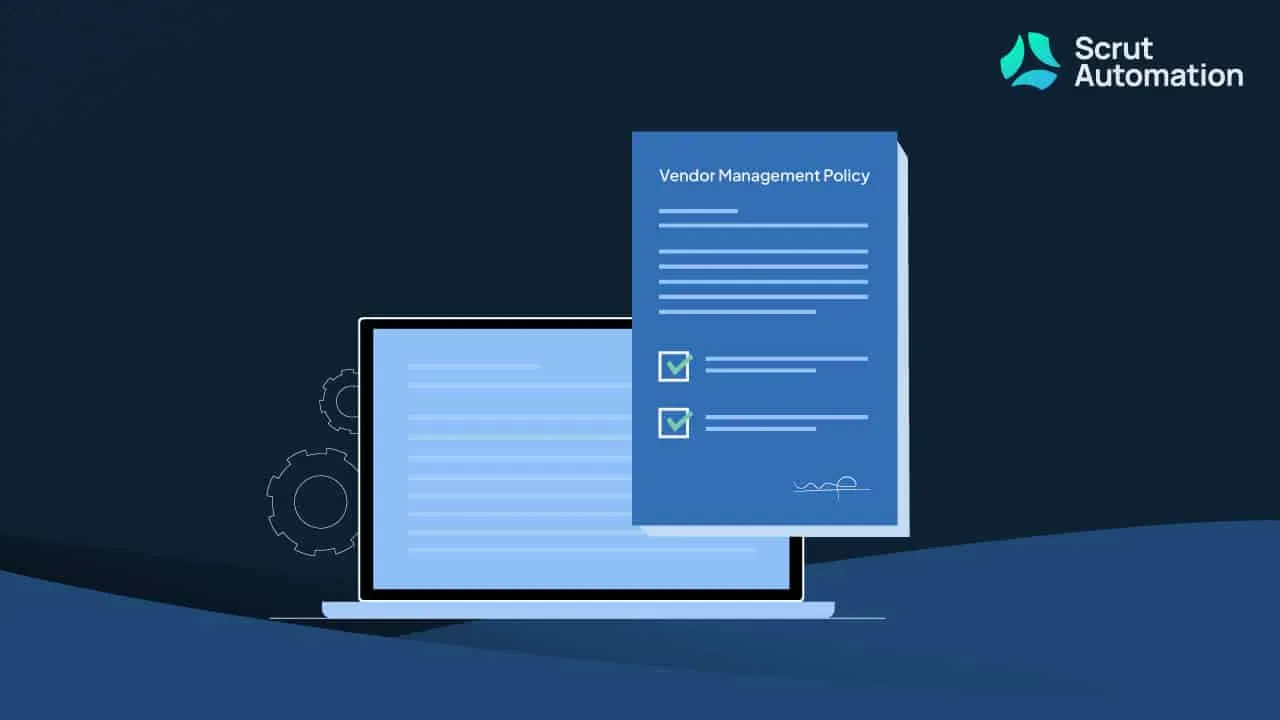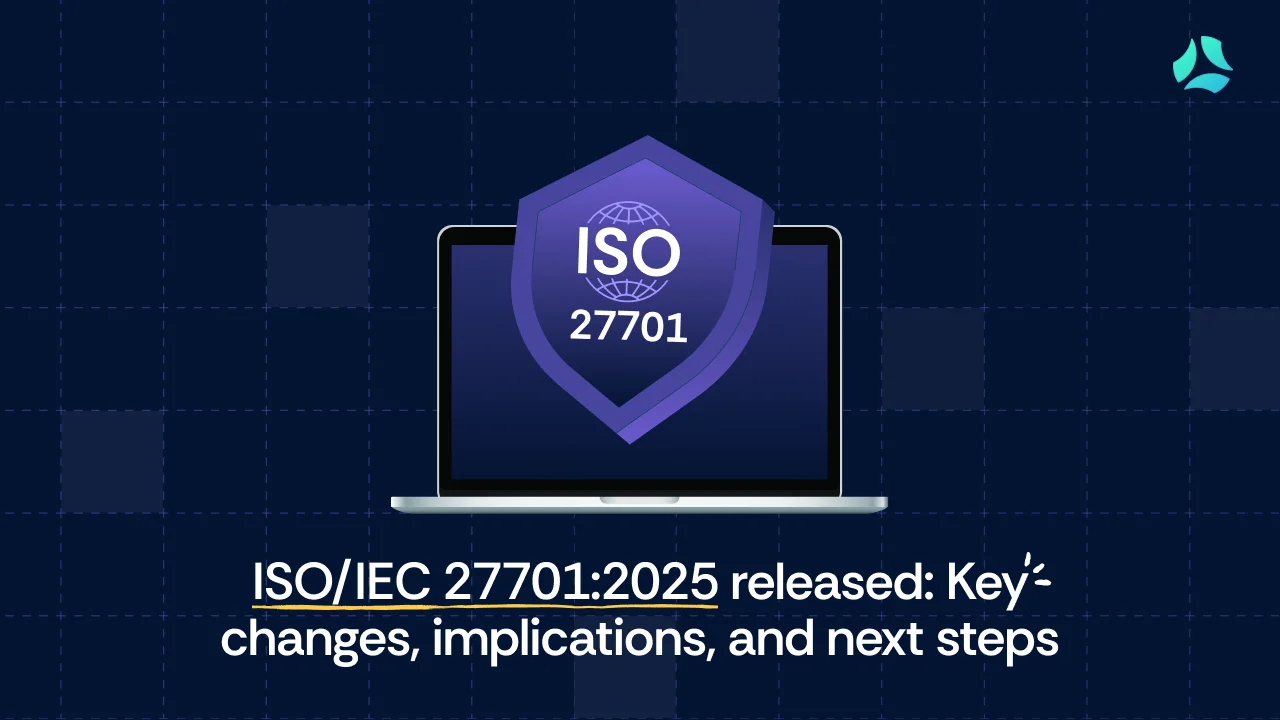Why do you need a vendor management policy?

As a business strives toward protecting its own and customer data, it’s imperial to identify the sources of data threats. It is unlikely that a company will be working in a silo to serve its customer’s needs. Any company, big or small, will be working with numerous vendors, who will have access to confidential and sensitive data. As such, risk management is not just an internal affair – it needs to take into account each third-party – vendors, contractors, and business partners alike.
A robust Vendor management policy helps in reviewing all vendors from an information security perspective and establishing a standardized protocol for information security that the vendors are expected to maintain.
What is a vendor management policy?
Service vendors bring a lot to the table – operational efficiency, reduced costs, flexibility, and more! However, these advantages are also accompanied by vendor-initiated security risks. Since third-party service providers have access to an organization’s critical data, it’s critical to monitor them continuously to avoid any potential data security threats.
A vendor management policy is aimed at identifying potential security threats and establishing relevant controls to minimize risks.
The policy imposes due diligence and predefines the criteria that vendors should satisfy in order to access the organization’s data, network or systems. Additionally, the vendor management policy also covers various controls that need to be established to minimize cybersecurity risks while maintaining efficient system operations.
Why do you need a vendor management policy?
Though organizations have various cybersecurity programs for their internal networks, a majority of them overlook the criticality of their vendors’ security posture. To fill this gap and help organizations safeguard their sensitive data and information, a vendor management policy is key. Here are the top four reasons why do you need a vendor management policy:
1. Ensure legal compliance
Each industry – finance, healthcare, retail, energy, and even others has its own legal compliance requirements. If not satisfied, you might seek trouble as data breaches through third and fourth-party vendors can lead to terrible consequences for any organization.
Regulators do not care if the mistake was done by you or your vendor, non-compliance could well result in lawsuits.
2. Secure sensitive data
As a business organization, you should be concerned about the sensitive data that you share with vendors. Not only does it put your customers’ data at risk, but it also exposes your business to hackers and cyber-criminals.
Most organizations outsource part/s of their operations to vendors to save costs or for the expertise that they bring to the table. For this to be done successfully, sharing company data, and often customer data is inevitable. If your vendor does not have proper information security controls in place, the organization directly puts its critical information at risk.
3. Improve visibility into the vendor network
Usually, enterprises are not aware of the IT security vulnerabilities their vendors bring in. A proper vendor management policy enables an organization to know, prepare and reduce the related risks.
Minimize data breach costs
According to IBM, the average data breach cost in 2021 was $4.24 million, up from $3.86 million in the previous year. It’s no surprise that data breaches are costly, and all measures need to be taken to prevent such incidents from happening
An optimized vendor management policy can effectively limit data breach costs.
Scrut Automation is an innovative and radically simple governance, risk, and compliance automation platform for growing startups and mid-market enterprises. With Scrut, compliance teams can reduce ~70% of their manual effort in continuously maintaining compliance towards SOC 2, ISO 27001, GDPR, PCI DSS, HIPAA, and CCPA. Schedule your demo today to see how it works.


















